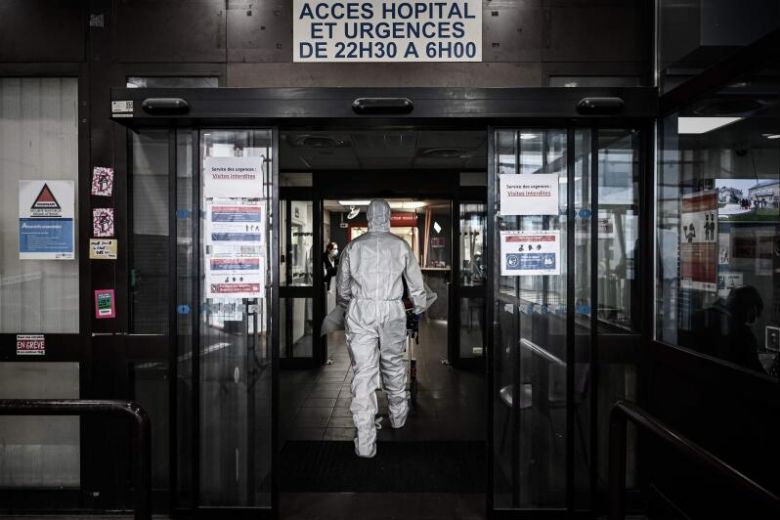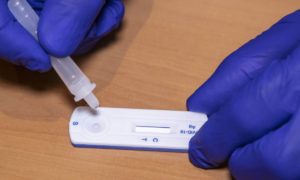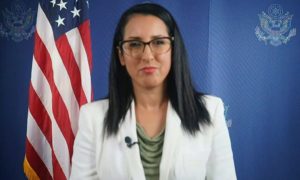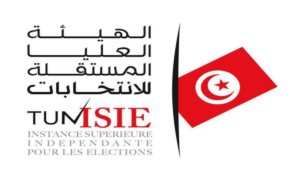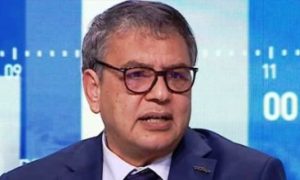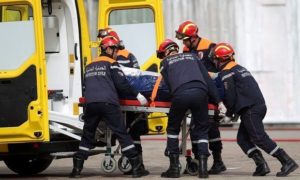Europeans are enjoying the gradual easing of coronavirus lockdown measures, but in hospitals they are already preparing for the next wave of infections.
Some intensive care specialists are trying to hire more permanent staff. Others want to create a reservist “army” of medical professionals ready to be deployed wherever needed to work in wards with seriously ill patients.
European countries have been giving medics crash courses in how to deal with COVID-19 patients, and are now looking at ways to retrain staff to avoid shortages of key workers if there is a second wave of the novel coronavirus.
“We need a healthcare army,” said Maurizio Cecconi, president-elect of the European Society of Intensive Care Medicine (ESICM), which brings together medics from around the world who work in wards with extremely ill patients.
Cecconi, who heads the intensive care department at the Humanitas hospital in Milan, says medical staff need to be more flexible in the work they do, and more mobile.
“If there is another big wave, we should be prepared to deploy doctors and nurses from nearby regions within Italy. This did not happen a lot in the first wave,” he told Reuters.
Many countries were caught unprepared by the COVID-19 pandemic in March and April, and hastily retrained medics to work with patients with severe cases of the disease, to ramp up numbers and replace those who fell sick.
Some sent medical students and retired doctors to help out in intensive care wards as hospital staff were overwhelmed. Those worst-hit by the pandemic had to provide more beds and essential equipment for acute care units, and some built new hospitals.
But problems and shortages persist. Italy, for example, may need to boost by 50% the number of anaesthetists, resuscitation experts and other medics it has working in intensive care, according to the Italian society of intensive care SIAARTI.
Across Europe, hospitals have been re-training surgeons, cardiologists, internal medicine physicians and nurses from other departments, and have moved them to intensive care units when needed.
Many have attended crash courses on how to handle COVID-19 patients, said Jozef Kesecioglu, president of ESICM and head of intensive care at the University Medical Center of Utrecht, in the Netherlands.
Source:(Reuters)
What's happening in Tunisia?
Subscribe to our Youtube channel for updates.



